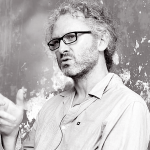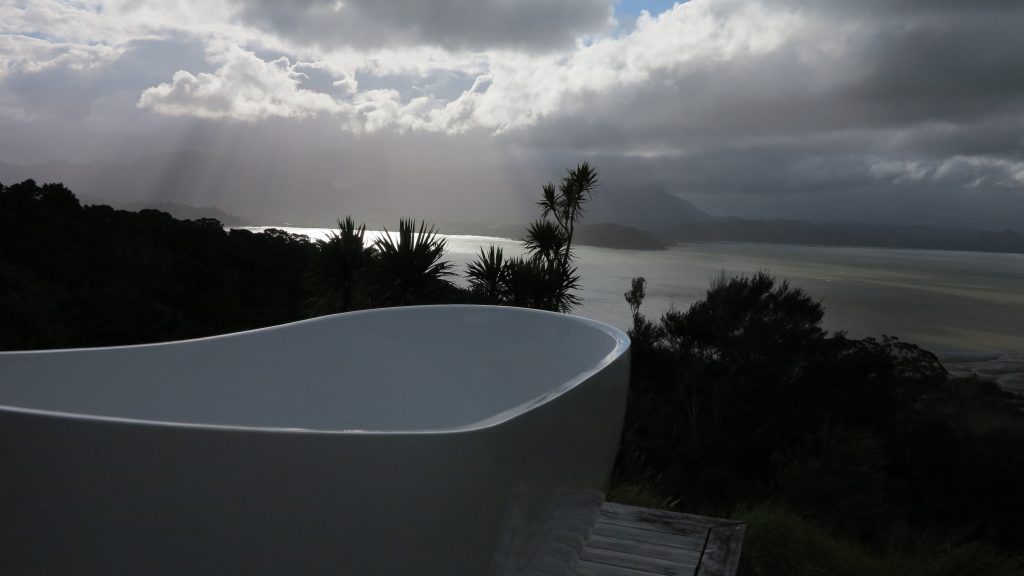Current
Founder Manager of Coko
Shuttleworth Fellow
Founder Owner Book Sprints
Founder Manager Cabbage Tree Labs
Technical Advisor OA Switchboard
Management Board EIFL
CoFounder Coalition for Open Access Publishing Infrastructures in Africa
Founder Open Publishing Awards and the Open Publishing Fest
Bio
I am the founder of Coko (Collaborative Knowledge Foundation) and responsible for oversight of all operations.
Originally I lead technical projects, building platforms, methodologies and communities at Coko to support open source collaborative knowledge production and publication as part of the academic process.  In 2019 however my remit has been extended to oversight of all operations. Even more recently Coko’s path is extending far beyond scholarly miscommunications to all sorts of publishing and collaborative knowledge production.
In 2019 however my remit has been extended to oversight of all operations. Even more recently Coko’s path is extending far beyond scholarly miscommunications to all sorts of publishing and collaborative knowledge production.
I am also the founder of Book Sprints, paged.js, Cabbage Tree Labs, FLOSS Manuals, Open Publishing Awards and the Open Publishing Fest. Over the past 15 years I have been on a mission to transform publishing and knowledge production through innovation in workflows, development of technology, and facilitation. I have designed facilitation methodologies such as Workflow Sprints, The Cabbage Tree Method and Book Sprints and led the development of open source software for publishing such as PubSweet, Editoria, Kotahi, PagedJS, Wax, BookType and many more. Since 2015 I have been a Shuttleworth Fellow. I love the Shuttleworth Foundation.
I’ve helped many organisations and companies transform the way they produce and publish knowledge. These include NCBI, HHMI, Caltech, Novel Coronavirus Research Compendium, Cisco, Safari Books, World Bank, eLife, Collabra Psychology Journal, Wormbase, ArXiv, Hindawi, Punctum Books, Atla, Auckland University of Technology, Organisation for Human Brain Mapping, Transparency International, University of California Press, Californian Digital Library, GIZ, USAid, UNECA, Public Library of Science, F5, OpenStack, Open Oil, Free Software Foundation, Google Summer of Code, the United Nations Development Project… amongst others.
You can get hold of me at adam@booksprints.net or adam@coko.foundation
Links to more detailed descriptions of my work:
Open Source projects
Facilitation methodologies
Art, Activism and Broadcasting
Some questions you might find yourself asking about me…
Publishing, really?
I’ve always been involved in publishing in some form or other, just not in the world of traditional book and academic journal publishing until more recently. I started out in independent radio in New Zealand and meandered into art, enjoying the freedom of experimentation it allowed me. Then I found open source, built a lot of tech projects and just when everyone was all about the browser, I started talking about books. Browser-based books but also just, books.
What makes me an innovator?
People call me an innovator but I prefer “the find-a-better-way guy” because that’s how I see myself; as an active mind thinking about things in ways that you normally wouldn’t. It all started when I worked in radio in New Zealand and the independent radio station I managed considered itself as innovative. But, while this was once true, when I came to work with them they no longer pushed themselves to try new things. In that moment I realized being different from everyone else is not the same as being innovative. For me being an innovator is a way of seeing and interacting with the world and an approach to problem-solving. It’s about making a constant effort to find a better way.
Why art?
As an artist I had the privilege of being able to experiment and not having to justify it because the art world doesn’t demand utility. You can just do what you like and no one asks why. Art took me to crazy places and helped me to build an incredible network of talented people who still show up in various arenas of my work and life today. It even took me to Antarctica to build an autonomous mobile research base for artist-scientist collaborations. On the sail back I decided my art career was over. I thought to myself: I started art for the sake of experimentation and it’s brought me to Antarctica! It’s probably not going to get any better than this. So it was time for something new.
Why open source?
I saw what happened to radio. It was a space for creativity, freedom of expression and the empowerment of citizens voices in the early days but inevitably governments took ownership of the spectrum. Free radio emerged as a response but free radio stations were never really free – they were haphazardly squatting on state-owned frequencies. They didn’t own their medium. Later I was living in Latvia and part of a community of performers in Europe using audio streaming as a new form of radio. Together we made live experimental online electronica. In those days the internet was so free, you could do what you wanted. Then my friend Micz wrote an essay comparing those halcyon streaming days to radio and pointing out that as there was an underlying politic of control of free radio, there is also a politics of internet streaming. Those streaming technologies were owned by companies that could take it away at any time. It changed how I thought about technology – you can’t just use technology without understanding its context. And so open source just made a lot of sense to me. I came to understand that you need to have ownership over your tools because technology has its own politic too – one that might not have your best interests at heart. And thinking about publishers who I work a lot with these days, if they use proprietary software, they don’t have ownership of their workflows. That’s turned out to be a major problem.
Thoughts on collaboration in knowledge production
The role of collaboration in knowledge production took a major hit in the Renaissance with the ushering in of the single-author genius followed later by copyright and the economics of the printing press. This idea of the single-author genius has remained widely influential despite powerful counter-arguments and a growing body of evidence that collaborative and collective creation is more effective than individual work. Still people react to the notion of a collaboratively produced books with disdain. When the internet came along, we started questioning that model but there was also a rush to the other extreme, to knowledge production by the dispersed, unconnected, crowd – wikistyle. I think both of those points are extreme and wrong – productive collaboration lies somewhere between the wikimodel and the single-author model. And I think the crucial element is conversation.
Thoughts on Facilitation
Facilitation is a very misunderstood term and role, maybe because the essence of it is rather invisible. People often walk away from a strongly facilitated event wondering what the person pulling all the strings was actually doing, besides keeping time. It makes me laugh. The sign of an extremely good facilitator is that their art is invisible to you. I think facilitation is key to collaboration because it is all about getting people to the point where they can have real conversations. When you set out to do something with a group of people, whoever they are, there is inherently a power dynamic. People come in with their social and professional identity, their context and even personal quirks. These elements create barriers between them and others. Good facilitation simultaneously applies upward and downward pressure so the power dynamic is leveled, barriers between people are dissolved and people can communicate with each other. The work is most of the time quicker and better because of it.
Other things about me
I also surf, play some blues, and try and spend as much time in my bath at my NZ home as I can.

